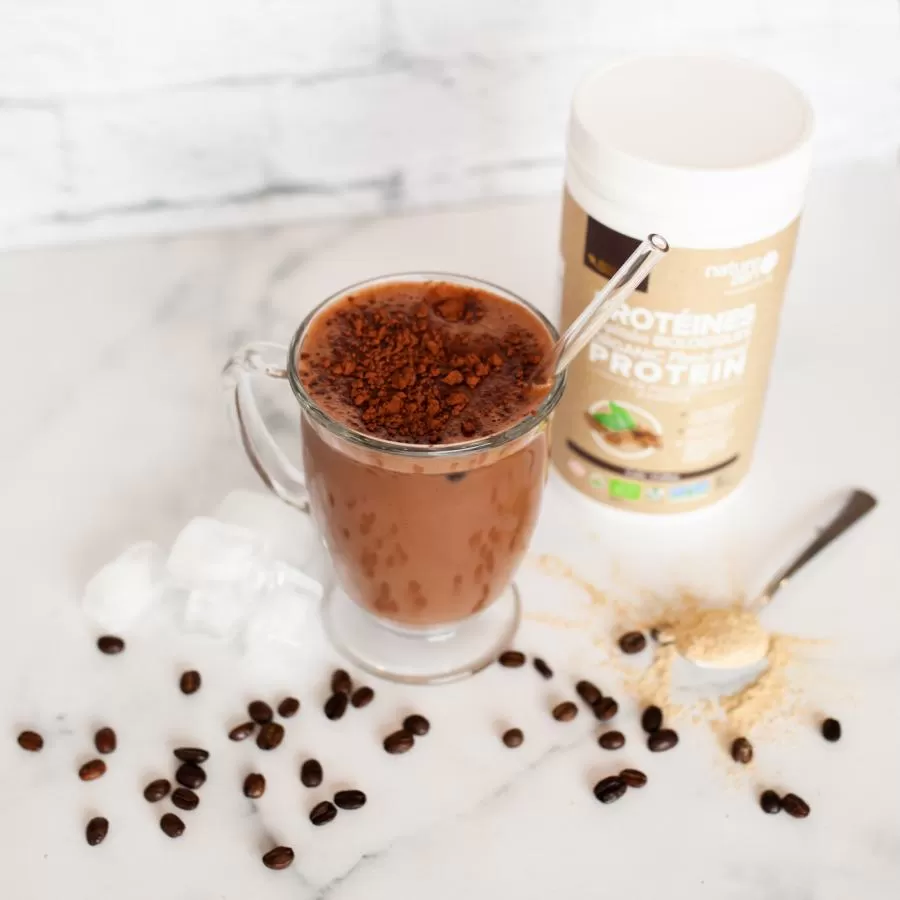
Which Protein Powder to Choose?
Protein powders are a convenient way to help make sure that your body gets enough protein. People use them for a variety of reasons — to lose weight, to improve sports performance, build muscle mass and for overall wellness.
The protein powder options are endless. And the terms used onpackage labeling can be confusing!
Protein in milk is 80% casein and 20% whey.
Whey is a complete protein meaning that it contains all 9 essential amino acids and digested faster than whey. It is the gold standard of protein supplements.
Whey protein comes in several forms. Concentrates, Isolates and Hydrolosates.
Whey concentrates: water is removed. It contains lactose, fat and cholesterol.
Whey isolates: a little more protein than concentrates but less lactose, fat and cholesterol than whey powder.
Whey hydrolosates: the protein is predigested, they assimilate into the body faster than isolates and hydrolosates and are more costly. Hydrolosates can have a bitter taste. Concentrates and isolates are already fast-digesting, so a hydrolysate, which digests minimally faster, may not be worth the taste tradeoff and extra cost for the small benefit.
Casein is also a complete protein and has a lower biological value than whey. (BV is a measure of the percentage of protein absorbed and used from the total protein consumed). Since casein is absorbed more slowly than whey and the amino acids released over time, casein at bedtime is beneficial as it supplies protein throughout the nights as the body goes through a catabolic state and uses protein tissue for energy. A combo of casein and whey works well.
Egg protein powder: is complete, high quality protein and is popular with those who can't have dairy
Soy protein powder: is complete, high quality protein
Rice Protein powder: is hypoallergenic and well absorbed plant protein although not complete protein. So this needs to be combined with other plant protein sources. Mix other protein sources for a better amino acid profile such as nuts or rice.
Pea Protein Powder: easily digested and not commonly allergenic. It is not a complete protein. So this needs to be combined with other plant protein sources. Mix other protein sources for a better amino acid profile such as nuts or rice.
Make sure that the protein item is listed first in the ingredient list. Typically the fewer ingredients the better; avoid powders with sugars, sweeteners, vitamins, minerals, herbs or guarana.
Categories: Food Supplements
Tags: #sportsnutrition #weightloss
Active Nutrition is a participant in the Amazon Associates Program, an affiliate advertising program designed to provide a way for websites to earn advertising revenues by advertising and linking to Amazon. If you click on one of my recommended item links and then place an order through Amazon, I receive a small commission on that sale, at no extra expense to you of course. This is a way to support me and my work every time you shop at no cost to you.





